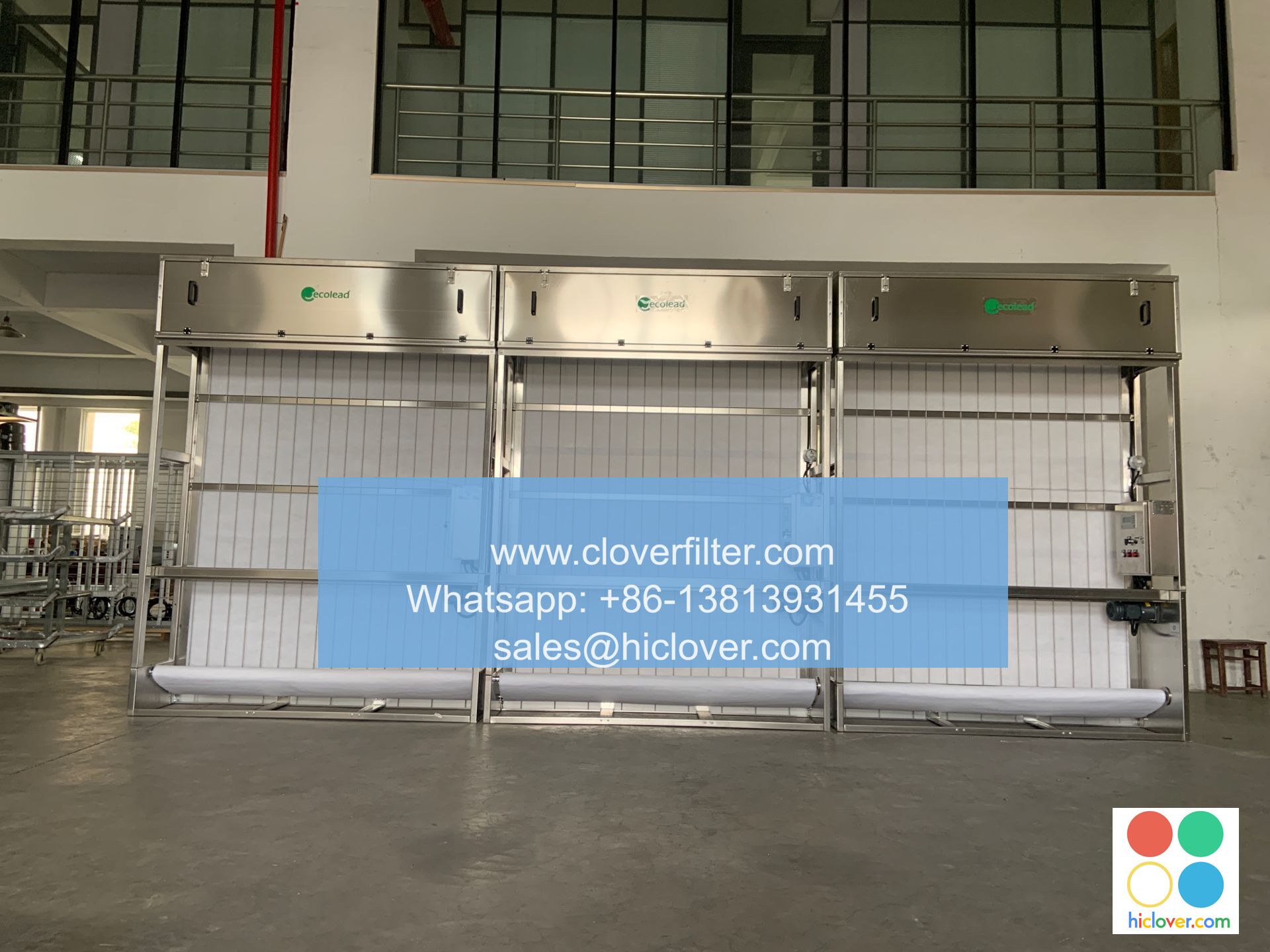Air Filter Regulations and Regular Inspections: Identifying Potential Issues

Air filter regulations and regular inspections are crucial for maintaining indoor air quality (IAQ), reducing air pollution, and preventing respiratory problems. In this article, we will delve into the world of air filter regulations, highlight the importance of regular inspections, and identify potential issues that can arise from poor air filtration systems.
Introduction to Air Filter Regulations
Air filter regulations vary by country, state, or region, but most governments have established standards for air quality control and indoor air purification. For instance, the Environmental Protection Agency (EPA) in the United States sets guidelines for air filter efficiency and air cleaner performance. Similarly, the European Union (EU) has implemented regulations for air quality management and emission control.
Types of Air Filters and Their Applications
There are various types of air filters, each with its unique filtering technology and application area. Some of the most common types include:
* HEPA (High Efficiency Particulate Air) filters for hospital air purification and cleanroom applications
* Activated carbon filters for odor removal and gas absorption
* Pleated filters for residential air filtration and commercial HVAC systems
* UV-C light filters for air sterilization and microbial control
Importance of Regular Inspections
Regular inspections of air filter systems are essential for maintaining optimal performance, preventing system failures, and reducing energy consumption. During inspections, air filter technicians check for:
* Filter condition and cleanliness
* Air flow rates and pressure drops
* System leaks and damage
* Microbial growth and contamination
Potential Issues with Air Filter Systems
Neglecting regular inspections and maintenance can lead to various issues, including:
* Reduced air filter efficiency
* Increased energy consumption
* System failures and downtime
* Indoor air pollution
* Respiratory problems and health issues
Best Practices for Air Filter Maintenance
To ensure optimal performance and longevity of air filter systems, follow these best practices:
* Replace filters regularly
* Clean and maintain filters
* Check and adjust system settings
* Monitor air quality and system performance
Conclusion
In conclusion, air filter regulations and regular inspections are vital for maintaining good indoor air quality, reducing air pollution, and preventing respiratory problems. By understanding the different types of air filters, their applications, and the importance of regular inspections, we can identify potential issues and take proactive measures to maintain optimal air filter performance. Remember to follow best practices for air filter maintenance to ensure a healthy and safe indoor environment. Prompt

